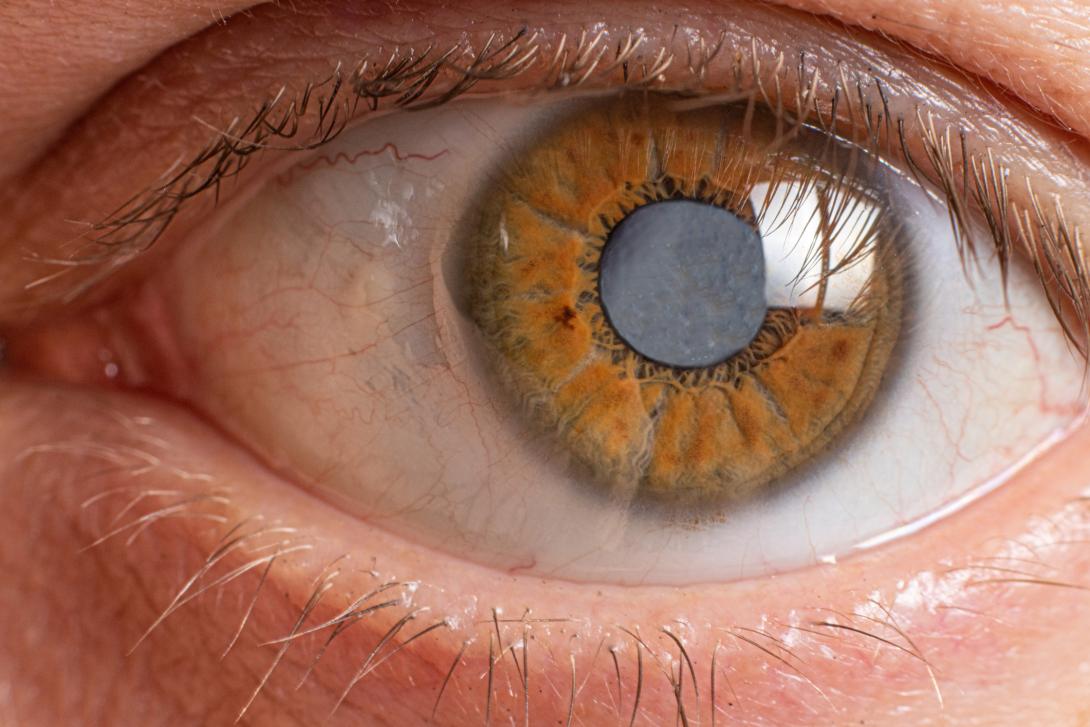Glaucoma: Planning for Long-term Care
Glaucoma requires a long-term plan. Learn about government assistance options, mental health resources, and support groups.
By Ability Central
12 October, 2023

Glaucoma is one of the leading causes of irreversible blindness worldwide. In this article, Ability Central will address long-term care and support questions for people with glaucoma, including:
- Where can I find service providers for glaucoma?
- What medical and financial aid programs assist people with glaucoma in the United States?
- What mental health issues often accompany glaucoma?
- How can I find home health care and long-term care facilities for someone with glaucoma?
- What support groups are available?
- Where can I get more information about glaucoma?
Where can I find service providers for glaucoma?
Ability Central offers a Service Locator tool. The database allows you to search for nonprofit service providers throughout the United States. It’s a powerful first step in connecting with the help you need for your changing vision.
What medical and financial aid programs assist people with glaucoma in the United States?
The Glaucoma Program provides a glaucoma eye exam at little to no cost. To qualify, you must be:
- U.S. citizen or legal resident
- Without an HMO or Veterans Affairs (VA) eye care benefits
- At increased risk for glaucoma
In addition, the United States offers the following options:
- Medicare covers people 65 and older and people with permanent disabilities.
- Medicaid covers people with disabilities who have lower incomes. Vision coverage varies by state.
- The Affordable Care Act (ACA) may also assist those who qualify.
- Social Security Disability Insurance (SSDI) provides people younger than 65 with Social Security disability payments if they cannot work due to vision loss.
- Supplemental Security Income (SSI) guarantees a minimum monthly income for people 65 and over who are disabled and have minimal financial means.
- Veterans experiencing service-connected glaucoma may be eligible for a glaucoma rating from the Department of Veterans Affairs.
What mental health issues often accompany glaucoma?
As glaucoma progresses, the gradual loss of vision can lead to mental health concerns, including:
- Anxiety
- Declining feelings of self-confidence and self-worth
- Depression
- Social Isolation
The Glaucoma Research Foundation says recognizing the mental health challenges associated with glaucoma is the first step toward managing them. They suggest a combination of:
- Counseling and therapy
- Support groups
- Comprehensive medical care
- Regular eye check-ups
How can I find home health care and assisted long-term care facilities for someone with glaucoma?
A home health care professional can help a person with glaucoma by:
- Assisting with bathing, grooming, dressing, and using the toilet
- Helping navigate at home and on errands
- Reading
- Managing household tasks
- Organizing the home for safety. For more information, see Glaucoma: Seven Quick Facts You Should Know.
You may also consider long-term care facilities. Options include:
- Independent living or retirement communities are for seniors who are generally healthy and can care for themselves.
- Assisted living facilities provide a home-like setting with accommodations based on needs.
- Life care communities or continuing care retirement communities are for people who can live independently at first but can then be transferred from an apartment to an affiliated nursing home.
- Nursing homes or skilled nursing facilities provide 24-hour, long-term care. These facilities must be licensed by the state and certified by Medicare and Medicaid.
Check out Ability Central’s Service Locator to search for caregivers or facilities that could be a good fit for you.
What support groups are available?
Support groups are an important part of the care team. They allow the person with glaucoma and their loved ones to feel less isolated. Your eye care specialist may have connections with a local support group. In addition, online options include:
- APH Connector Center
- Eye2Eye Peer Support Program for Vision Loss
- Glaucoma Support and Education Group on Facebook
- Glaucoma Support on Facebook
Where can I get more information about glaucoma?
Ability Central offers a series of articles to further your knowledge about glaucoma. See: